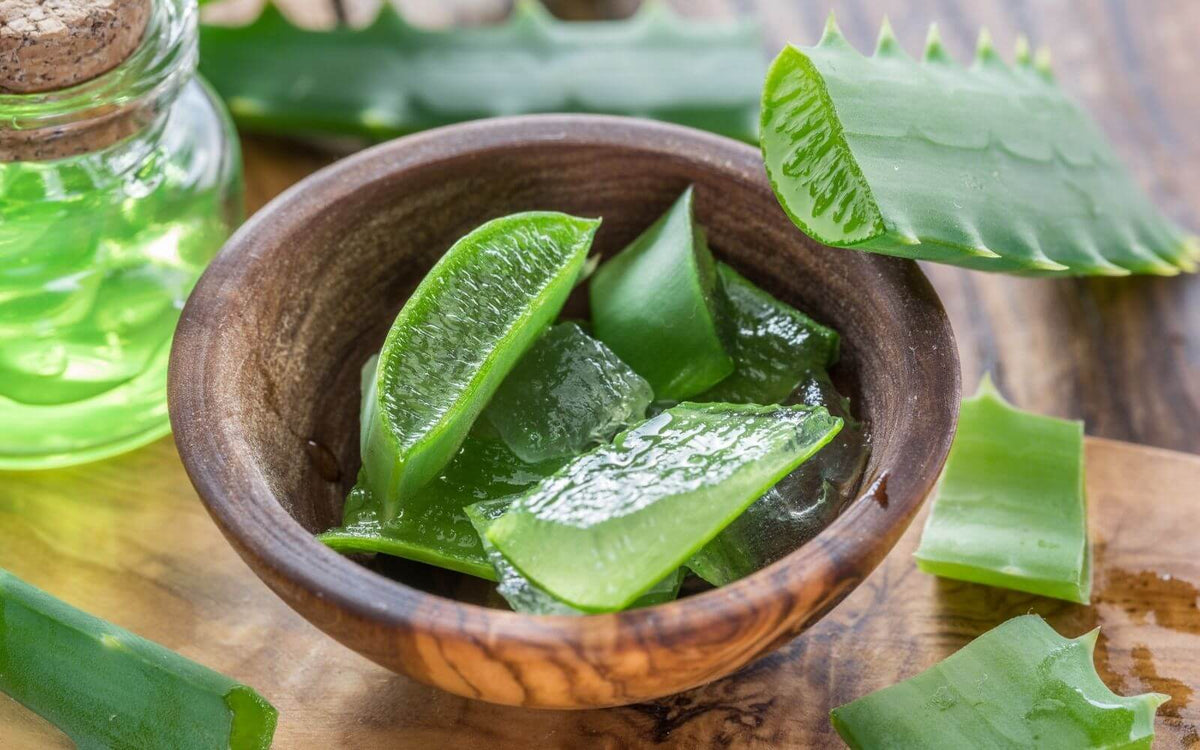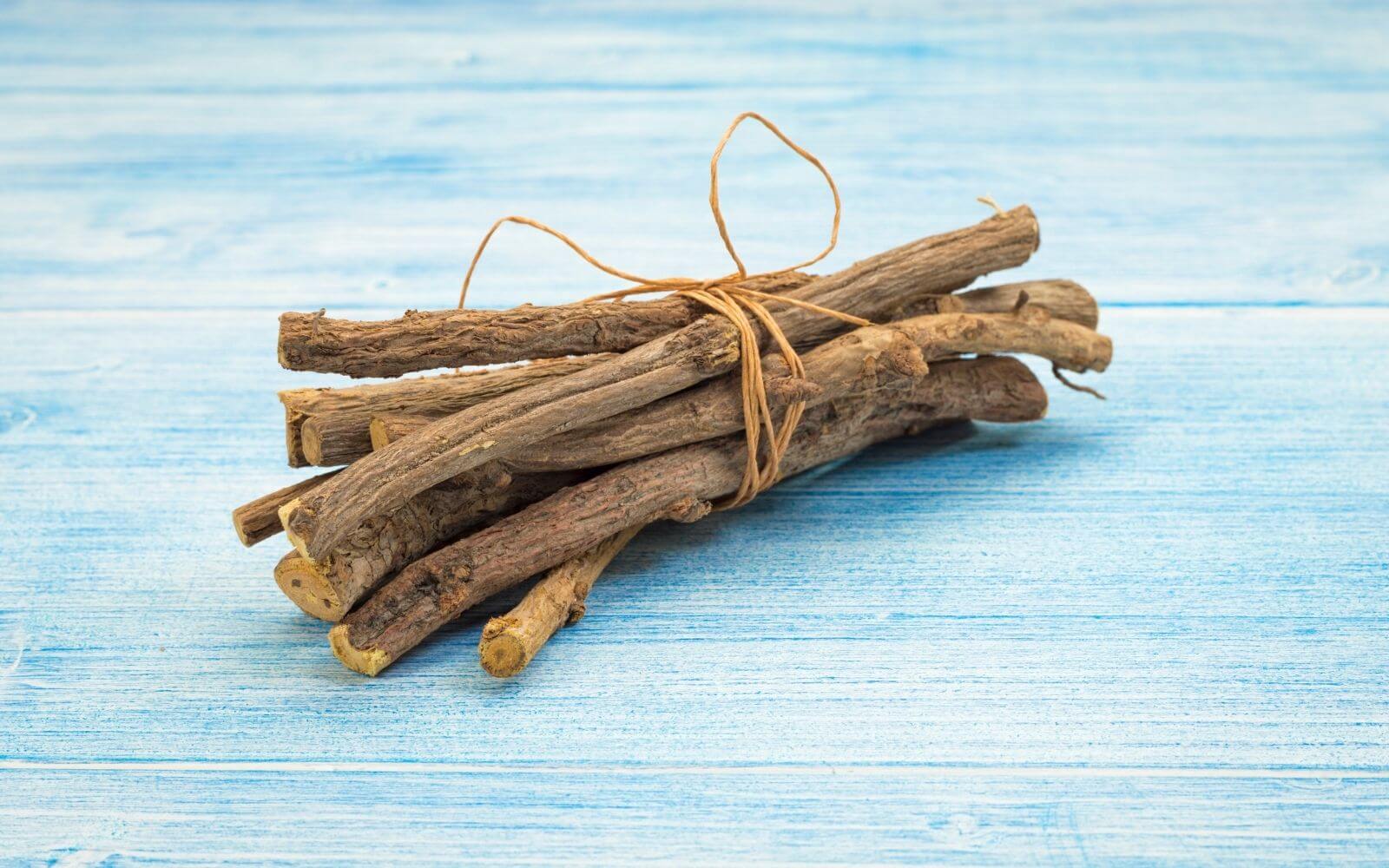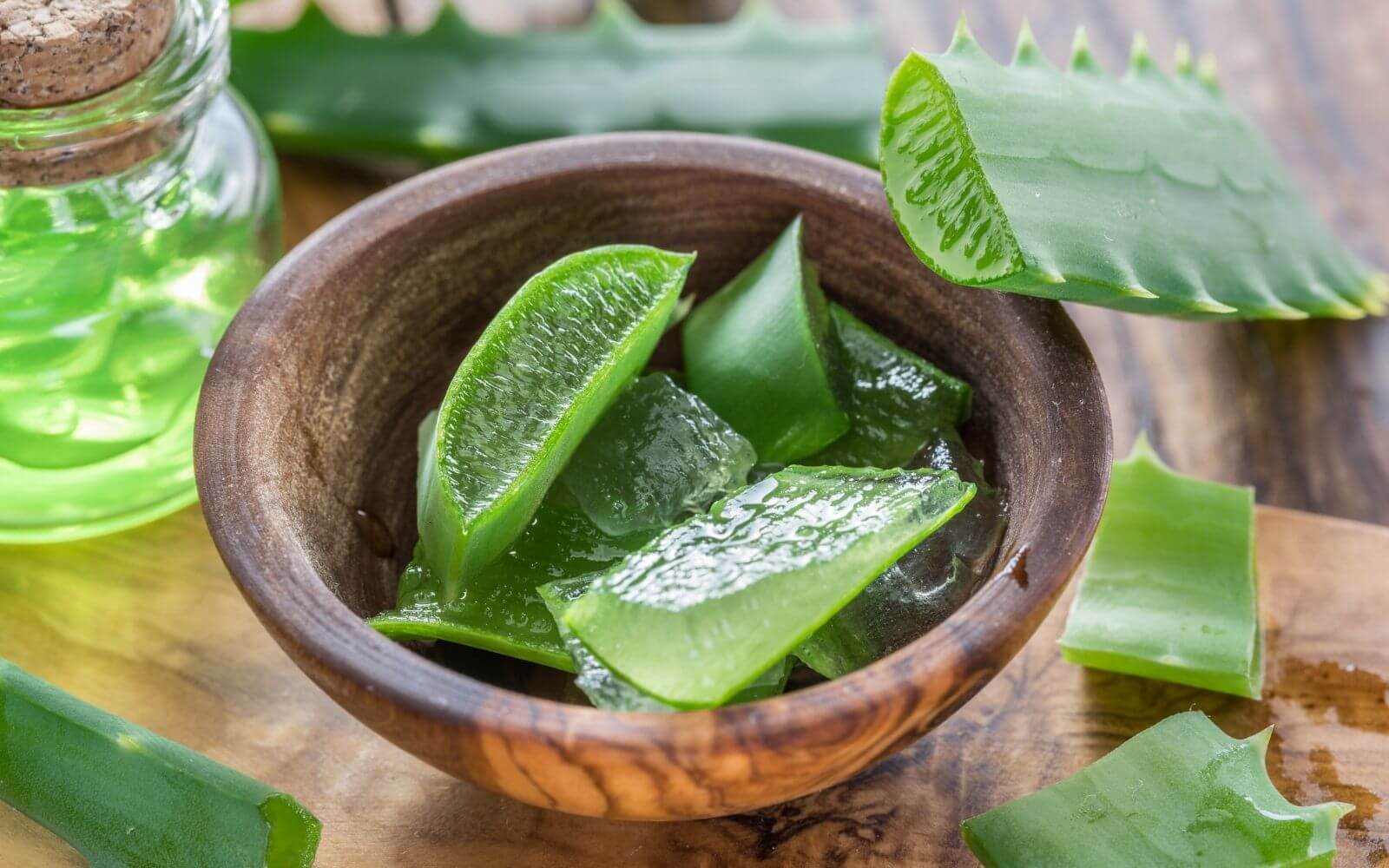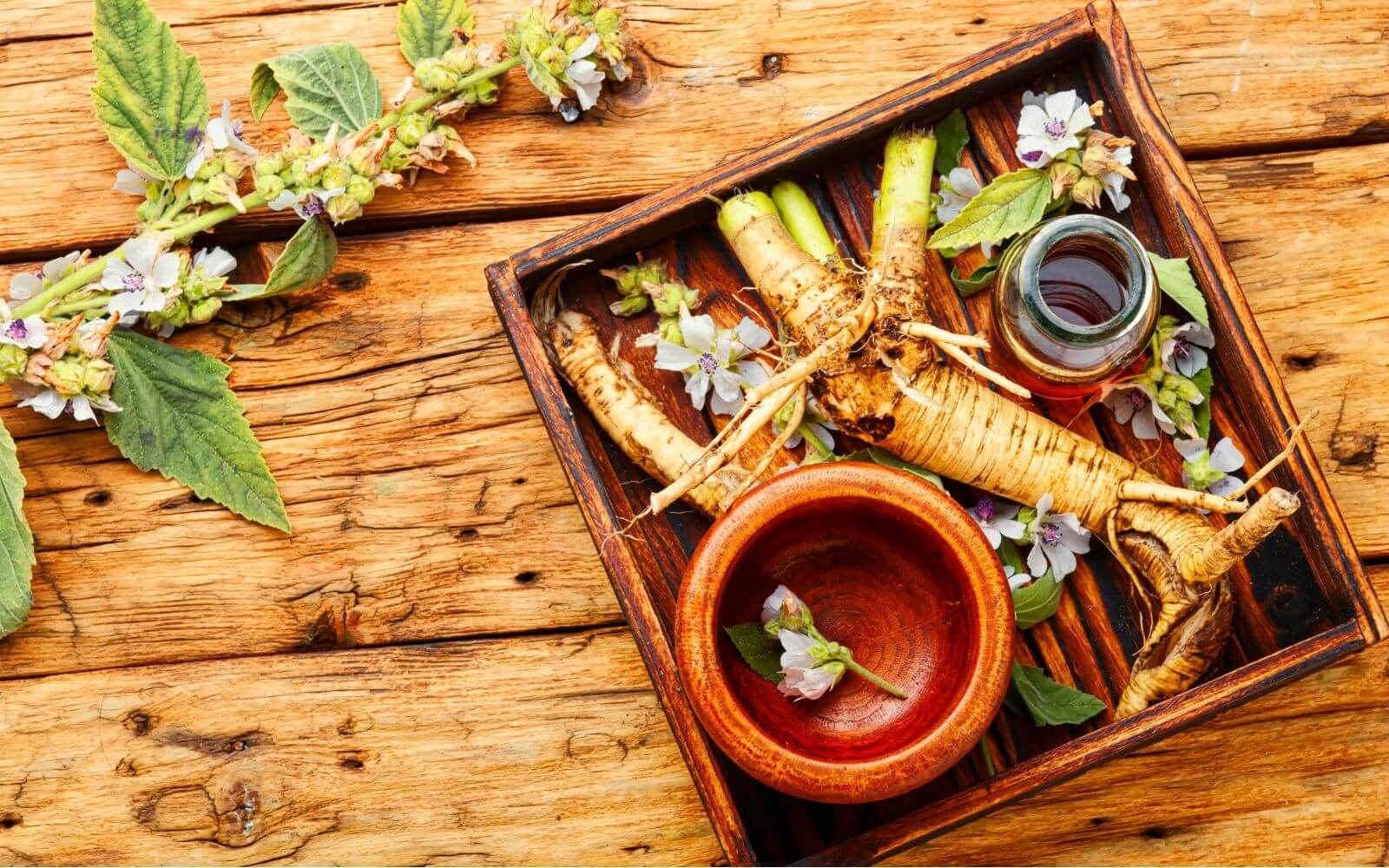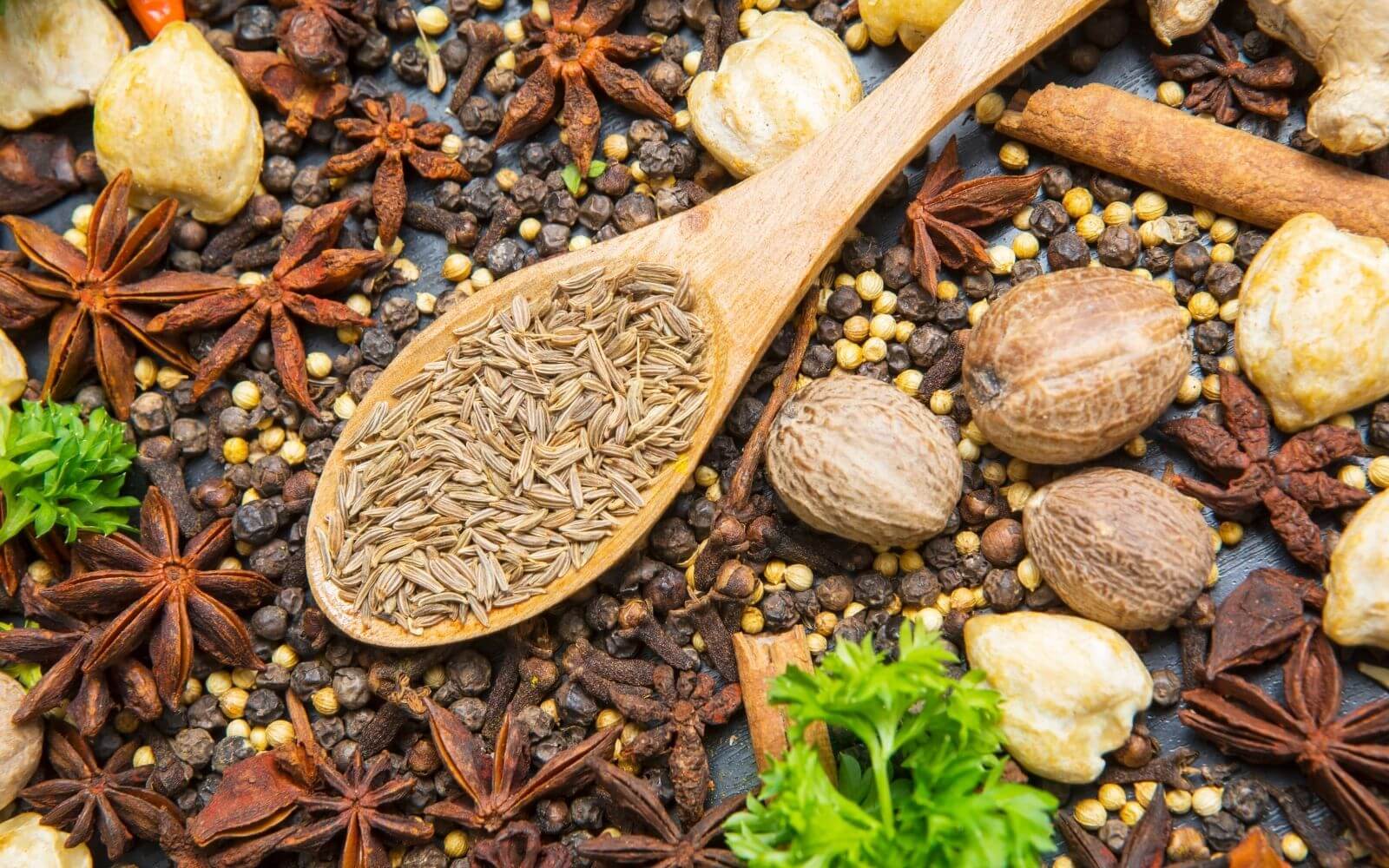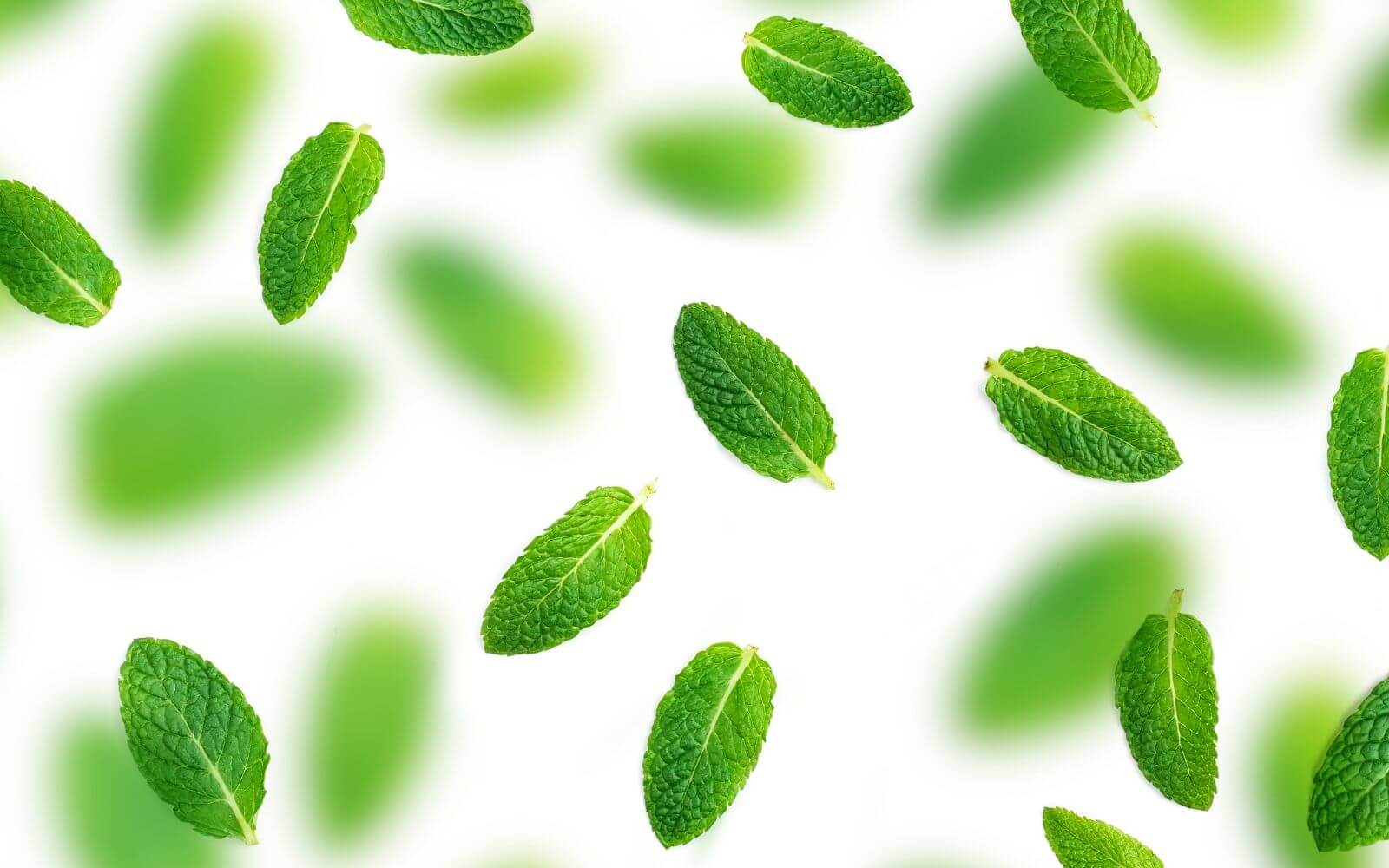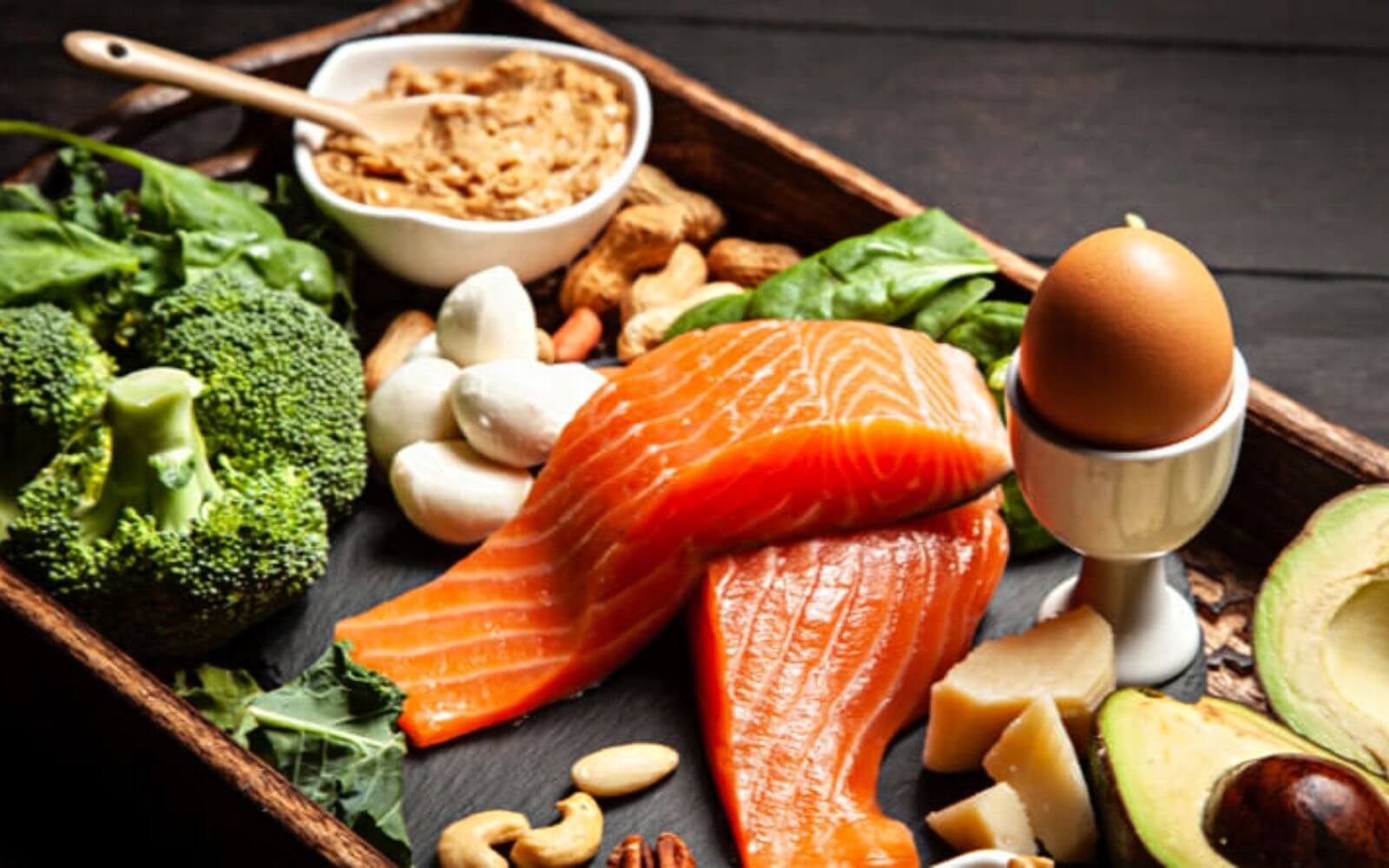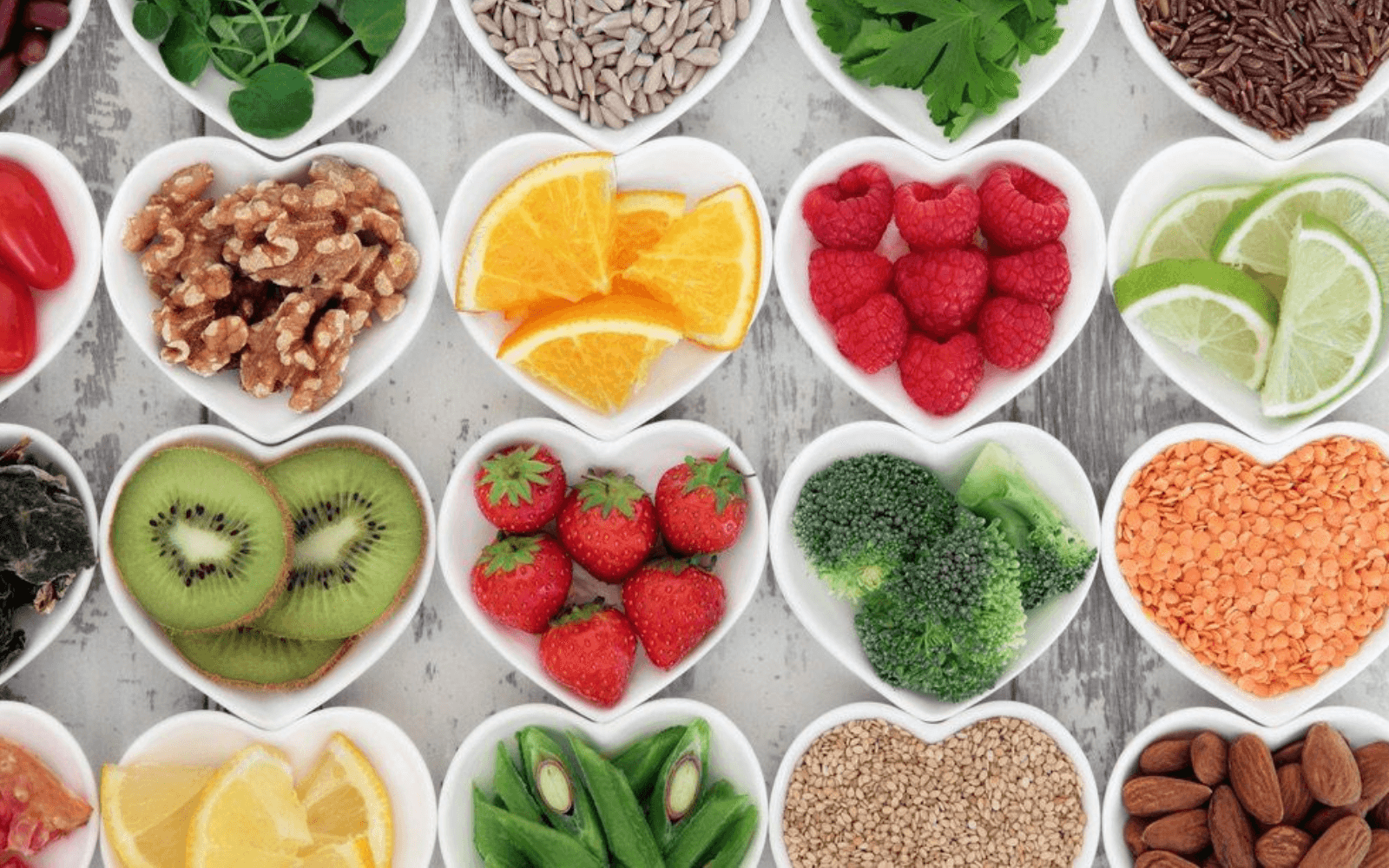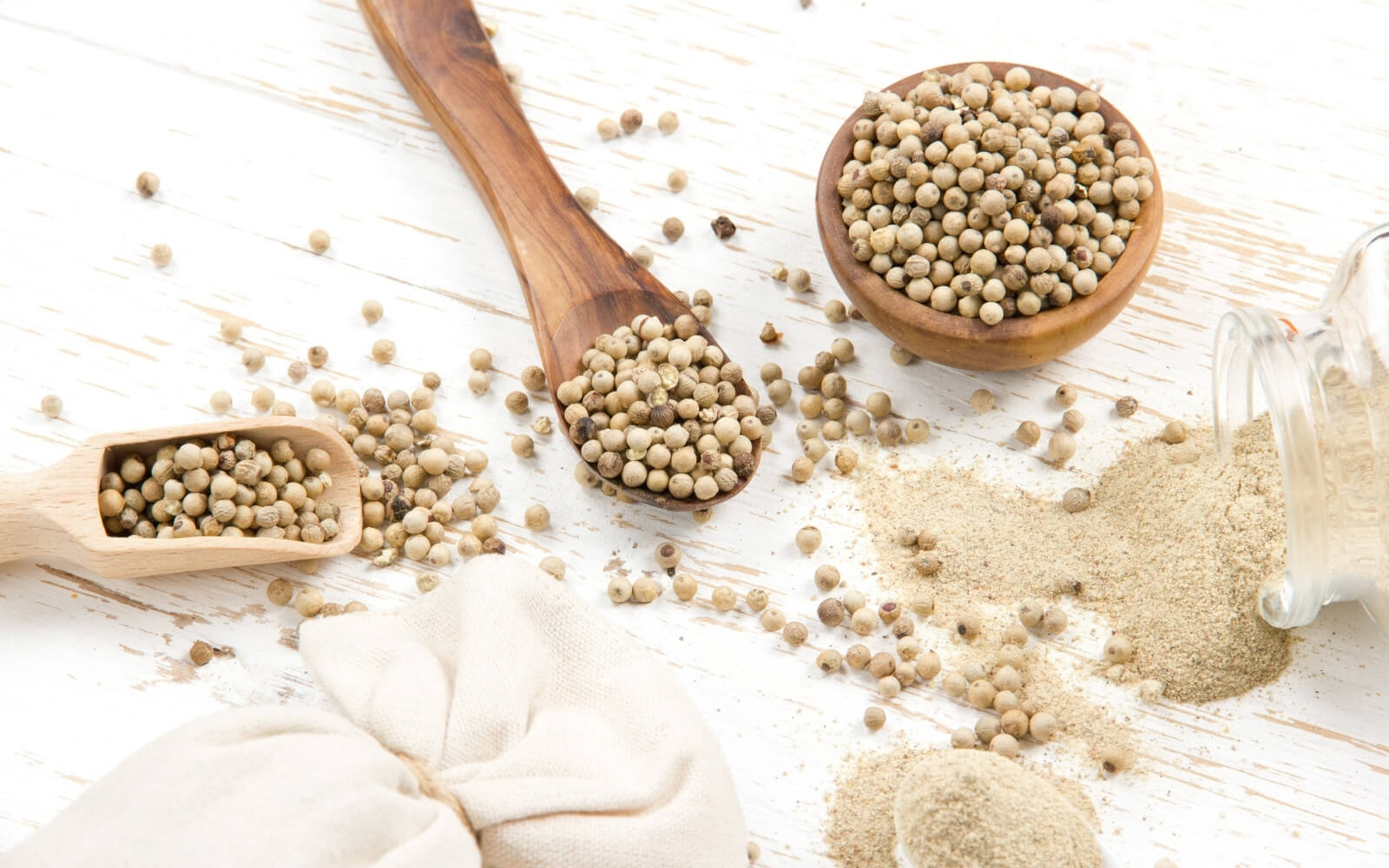Side Effects, Timing & Benefits of Rhodiola Rosea

Side Effects, Timing & Benefits of Rhodiola Rosea
Rhodiola rosea is a flowering herb grown in the cold, high-altitude regions of Europe and Asia. Rhodiola has been used in traditional medicine for thousands of years to help treat anxiety, stress, depression, and fatigue.
As Examine.com stated, "rhodiola appears to be able to significantly reduce the fatigue and 'burnout' that come from stress and anxiety; numerous trials suggest meaningful effects, particularly in people with stress and anxiety issues." Other names for rhodiola rosea include arctic root, golden root, and rose root. In this article we are going to uncover the benefits of rhodiola rosea, side effects and use, and also answer two commonly asked questions: how long does rhodiola stay in your system and how long does rhodiola rosea take to work?
What Is Rhodiola?
Rhodiola rosea is classified by (some) researchers as an adaptogen, which means that rhodiola can effectively help make you less prone to physical and mental stress. Adaptogens, by definition, are a select group of herbs that support the body's natural ability to "adapt" their function to the specific needs of the body.
Health Benefits of Rhodiola
A 2005 study by Comprehensive Reviews in Food Science & Food Safety titled Rhodiola Rosea: A Versatile Adaptogen stated, "The main effects of adaptogens are increased availability of energy during the day, a reduction in stressed feelings, increased endurance, greater mental alertness, and deep and restful sleep." In this article we will discuss the following health benefits of rhodiola rosea:
- Mild-to-moderate depression relief
- Stress and anxiety relief
- Reduced fatigue
- Improved mental and physical performance
Rhodiola May Reduce Stress
Based on evidence from several scientific studies rhodiola shows the ability to reduce stress hormone (cortisol) levels and stress-induced heart problems. Furthermore, it (rhodiola) modestly increases serum beta-endorphins that help protect against subsequent stress-induced excess endorphin elevation.
Put simply, rhodiola helps increase serum beta-endorphins (happy chemicals) which protect against the negative effects of stress. Additionally, rhodiola rosea moderates the release of opioid peptides, which are short chains of amino acids that bind to opioid receptors in the brain, and occurs as part of the HPA axis response to stress. The ultimate activation of the HPA axis is to increase levels of cortisol (stress hormone) in the blood during times of stress. Rhodiola can help moderate the release of cortisol while increasing stress tolerance without damaging the central nervous system.
Rhodiola For Physical & Mental Performance
Rhodiola rosea has shown the ability to enhance both mental and physical performance and reduce recovery time after exhaustive exercise/physical work. A study that included 42 master-level skiers who were randomly divided into two groups before a biathlon (20-km race on skies carrying rifles and shooting at targets), found that the group that was given rhodiola one hour before the race began, significantly outperformed the group that was given a placebo.
The group of 21 skiers who received rhodiola an hour before the race began, had a greater increase in shooting accuracy, less arm tremor, better coordination, and a significantly lower baseline heart rate.
Rhodiola For Anxiety
A pilot study that had ten participants take 340 mg of rhodiola rosea for 10 weeks found that rhodiola may effectively help reduce symptoms of generalized anxiety disorder. Another study in Phytomedicine found that rhodiola rosea reduced symptoms of depression in participants quite substantially, although not as effectively as sertraline, an antidepressant medication. There were far fewer and milder side effects, however, in rhodiola rosea than sertraline.
Rhodiola Has Antioxidant Effects
Rhodiola rosea is rich in phenolic compounds that are known to have strong antioxidant properties. Antioxidants are substances that can prevent or slow damage to cells caused by harmful free radicals, which are unstable molecules that the body produces in response to environmental and or other stressors. A 2005 scientific-study on rhodiola's antioxidant and anticarcinogenic effects had this to say:
"It is time for modern research, using controlled clinical trials, to develop the potential medical applications for this unique phyto-adaptogen. There is immense potential to develop health foods, food supplements, herbal preparations, and drugs from this unique herb from high altitudes. Its potential for the development of radioprotectants—needed in today's world—is immense. Promotion and production and protection would be beneficial to society."
How To Take Rhodiola Rosea

Much like most other herbs and supplements, rhodiola rosea can be taken as a capsule, tablet, and in dried powder and/or liquid extract form. The most popular serving size for rhodiola rosea supplementation is 200 to 600 mg daily.
Natural stress relief supplement Thought Calmer has 100 mg of rhodiola rosea extract as well as other stress and anxiety-relieving botanicals like ashwagandha, l-theanine, 5-HTP, and magnesium citrate. You can shop Thought Calmer here.
Side Effects of Rhodiola
Side effects of rhodiola rosea are rare and if present, quite mild. Side effects may include headache, upset stomach, drowsiness, dizziness, and difficulty falling or staying asleep.
How Long Does Rhodiola Rosea Take To Work?
Unlike other popular adaptogens such as ashwagandha, rhodiola rosea can work within 30 minutes after consumption and continue to work for at least 4 to 6 hours. Acting on a part of the body's stress response system, rhodiola provides a rapid response to a stressor. It sustains levels of neurotransmitters including serotonin, dopamine and norepinephrine as it allows the body to respond better to stress.

How Long Does Rhodiola Stay In Your System?
Rhodiola can stay in your system for at least 4-6 hours after consumption. Depending on your diet, age, and overall well-being the effects of this adaptogen can usually be felt within 30 minutes.
Other Questions About Rhodiola
Rhodiola is great for reducing stress and anxiety and may help improve mental and physical performance. Are there other natural supplements that people use to treat stress and social anxiety? Other common natural supplements can include:
Side Effects, Timing & Benefits of Rhodiola Rosea Summary
Rhodiola rosea is a flowering herb used for increasing energy, stamina, strength, and mental capacity. Rhodiola rosea is classified by researchers as an adaptogen, meaning that rhodiola can effectively help make you less prone to physical and mental stress. Rhodiola has also been used for shortening the recovery time after a long workout, improving sexual function, and the body's ability to deal with stress and anxiety. Additional benefits of rhodiola rosea include:
- Depression relief
- Antioxidant and anti-carcinogenic effects
- Takes effect rather quickly
- Leaves the body within 4-6 hours after consumption
Side effects of rhodiola rosea are rare and if present, quite mild. Side effects may include headache, upset stomach, drowsiness, dizziness, and difficulty falling or staying asleep. Overall, rhodiola is safe and widely available and shows immense promise as an adaptogen as well as the ability to enhance mental and physical performance. Fortunately, unlike other popular adaptogens such as ashwagandha, rhodiola rosea begins working within 30 minutes after consumption and continues to work for at least 4 to 6 hours.
Leave a comment
Comments will be approved before showing up.
Also in Ingredients
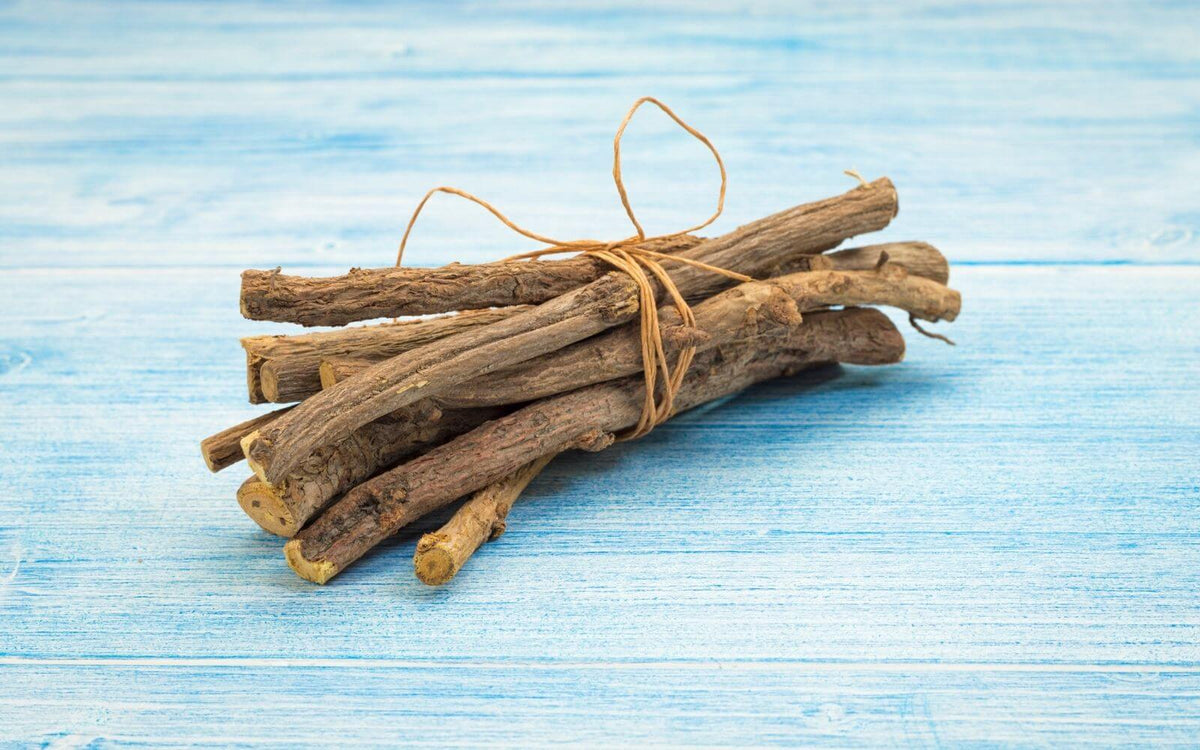
Licorice Root: Benefits, Side Effects & Dosage

Slippery Elm Bark Benefits, Side Effects & Dosage
